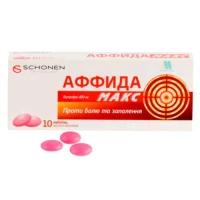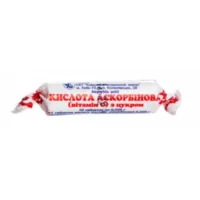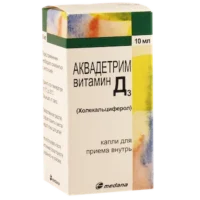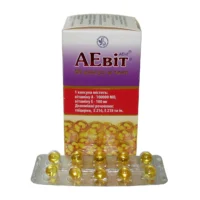Description
L-Tiroxine (Levothyroxine Sodium) 150 Tablets 150 mcg. №50
Ingredients
Active ingredient: Levothyroxine sodium 150 mcg.
Other ingredients: Microcrystalline cellulose, sodium starch glycolate, colloidal silicon dioxide, magnesium stearate.
Dosage
Adult Dosage: The usual starting dose is 50-100 mcg per day. Dosage should be individualized based on patient response and laboratory parameters.
Indications
L-Tiroxine (Levothyroxine Sodium) 150 Tablets are indicated for the treatment of hypothyroidism, including myxedema coma and cretinism.
Contraindications
Do not use L-Tiroxine (Levothyroxine Sodium) 150 Tablets in patients with untreated thyrotoxicosis, acute myocardial infarction, or uncorrected adrenal insufficiency.
Directions
Take L-Tiroxine (Levothyroxine Sodium) 150 Tablets orally, once daily on an empty stomach, at least 30 minutes before breakfast.
Scientific Evidence
Levothyroxine is a synthetic form of thyroxine (T4), a thyroid hormone essential for metabolism regulation. Studies have shown the efficacy of levothyroxine in improving symptoms of hypothyroidism and restoring normal thyroid hormone levels.
Additional Information
It is important to monitor thyroid function regularly while on levothyroxine therapy to ensure optimal dosing and avoid complications. Consult a healthcare provider for proper dosage adjustments and any concerns regarding the medication.
Pharmacological Effects
Levothyroxine sodium acts by replacing or providing thyroid hormone in cases of hypothyroidism. It binds to thyroid hormone receptors in the nucleus of cells, influencing gene expression and regulating metabolism, growth, and development.
Clinical Trials and Comparative Effectiveness
Clinical trials have demonstrated the effectiveness of levothyroxine in improving symptoms and quality of life in patients with hypothyroidism. Compared to other thyroid hormone replacement therapies, levothyroxine is considered the standard of care due to its consistent potency and long half-life.
References
- Jonklaas J, Bianco AC, Bauer AJ, et al. Guidelines for the treatment of hypothyroidism: prepared by the American Thyroid Association Task Force on Thyroid Hormone Replacement. Thyroid. 2014;24(12):1670-1751.
- Wiersinga WM. Paradigm shifts in thyroid hormone replacement therapies for hypothyroidism. Nat Rev Endocrinol. 2014;10(3):164-174.





